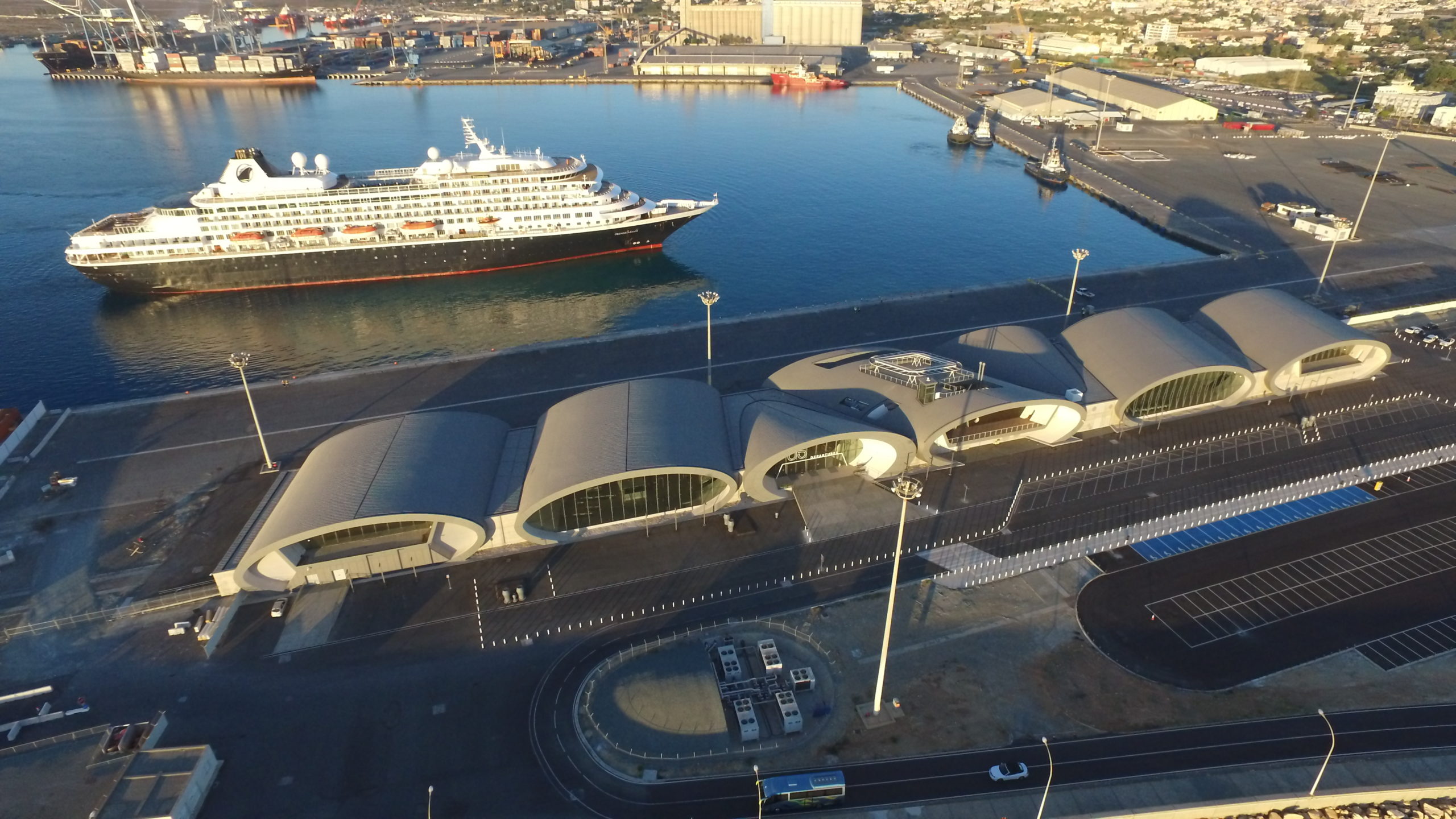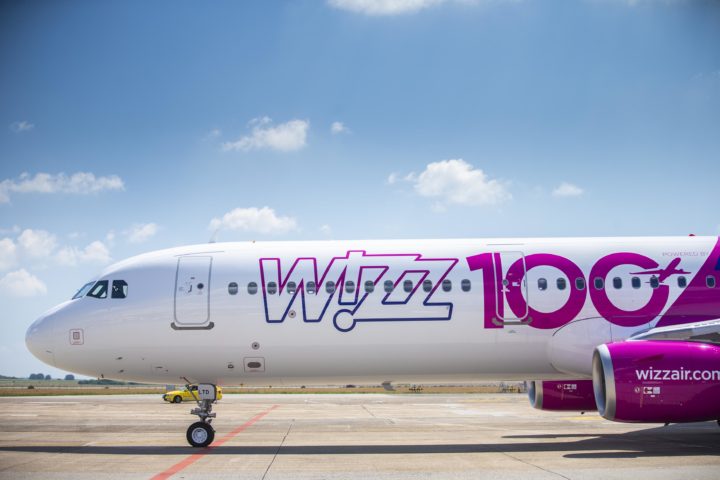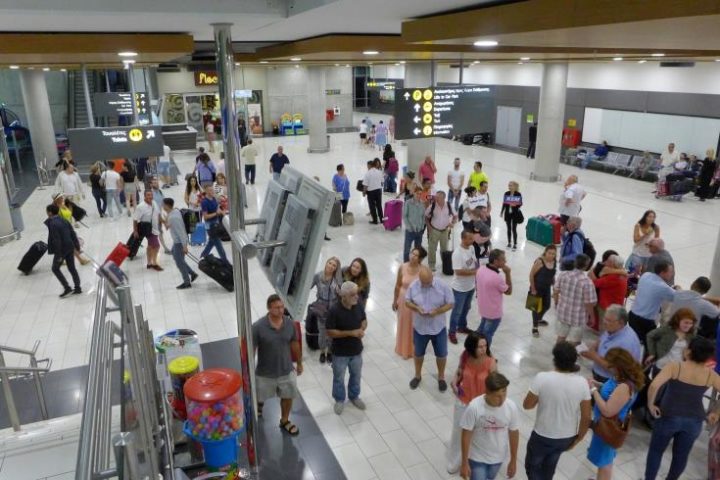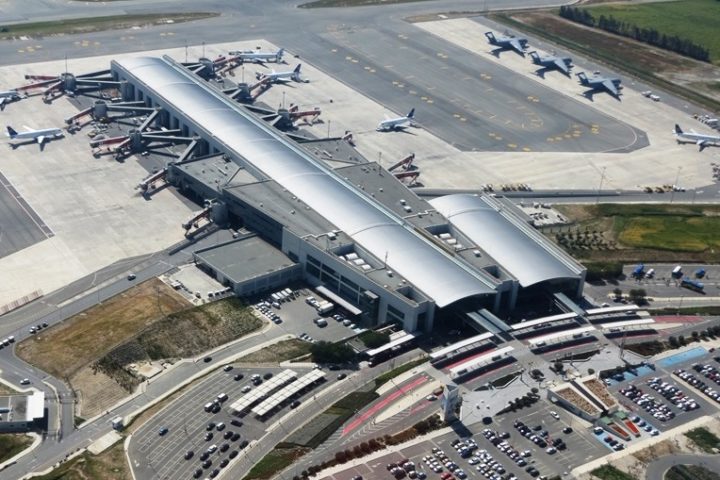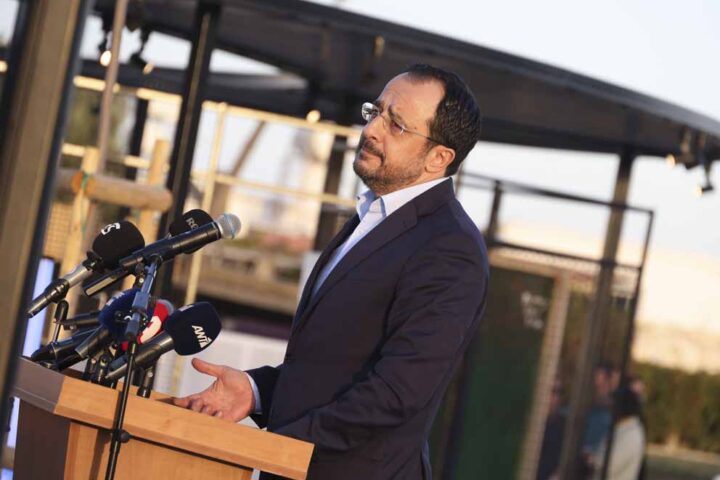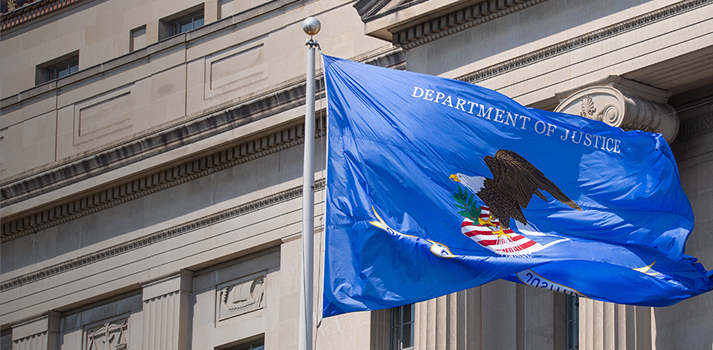Three European entities have submitted expressions of interest in the improved tender to operate the Cyprus-Greece passenger ferry, 22 years after it was abandoned.
Officials at the Shipping Deputy Ministry (SDM) said they were satisfied after last January’s previous tender failed to attract any interest.
In November, the ministry launched a fresh attempt for a three-year contract valued at €33 mln, with annual state aid of €5.5 mln, under a public service obligation (SGEI – Service of General Economic Interest).
To make the unwanted tender more attractive to operators, the government increased the subsidy for a ferry link with Greece by €500,000 to €5.5 mln, considering the increase in fuel prices.
The SDM said in an announcement: “The tenders submitted will be assessed and evaluated by the Evaluation Committee…to award the contract as soon as possible.”
The maritime link will serve Cyprus (departing from Limassol port or Larnaca) and the port of Piraeus for the transportation of passengers and their private vehicles. The service will be performed by a Ro-Pax vessel/ferry, flying an EU/EEA flag and complying with all rules and regulations regarding safety, security, and environmental issues.
The three bidders are Scandro Holding Ltd. (€15,594,000), N.Y. Business Ties Ltd. (€14,100,000) and Kiara Naftiki Etairia (€16,500,000).
The new tender does allow the ferry link to stop at a neighbouring country, such as Egypt or Israel.
“This means the route could be extended to include a port in Israel or a Greek island, making the package all the more attractive,” said Shipping Minister Vassilis Demetriades.
In December, Israeli officials welcomed the efforts to reinstate a maritime passenger link with Greece, expressing their interest in expanding the connection to include a port in Israel.
Demetriades and Israeli Minister of Transport Merav Michaeli discussed the venture and agreed that expansion to Israel “would facilitate the free movement of people and enrich the available options for transportation between the three countries, which are currently limited to air transport”.
They acknowledged that a possible extension of the Cyprus-Greece sea connection to Israel would create a new market for tourism between them and Europe.
The two ministers also recognised the ferry connection would serve the needs of those who cannot travel by air either because of health reasons or a fear of flying.
In earlier comments to the Financial Mirror, Demetriades said Cyprus would give everything they had at a final attempt to revive a ferry connection to Greece in 2022, despite indications of limited interest from operators.
Demetriades said there were no guarantees this new attempt would be successful, as industry stakeholders in Greece and Cyprus appear to be reluctant.
“Persuading shipping operators is a tough nut to crack; we are also hoping to turn the heads of traditional shipping companies in the EU and Scandinavia”.
According to documents, the new tender provides a more flexible structure with state subsidy increased to €5.5 mln per year from €5 mln in the first tender for 22 round trips to be carried out between April/May and September/October.
This is shorter than the original tender, which provided 31 round trips throughout the year.
Furthermore, the tender can be expanded for an additional three years depending on the average passenger load by the successful bidder.
Moreover, the bidders can submit more than one ship if the vessel complies with the tender’s criteria.
The ship should have a minimum passenger capacity of 100 and cabins that can accommodate 60 passengers instead of 200 and cabins that can accommodate 140 passengers as per the previous tender.
In the new tender, the destination in Greece is the Port of Piraeus instead of the smaller passenger terminal at Keratsini.
Salamis Tours operated the last passenger ferry link to Greece from 1993 until 2000 when demand faded, and trips stopped.
After two decades of being cut off from the rest of Europe, travellers from Cyprus are still hoping they can hop on a ferry this summer and disembark Greece to continue their journey.
After complex talks with the EU, Nicosia earned approval to subsidise the link with state funds.

